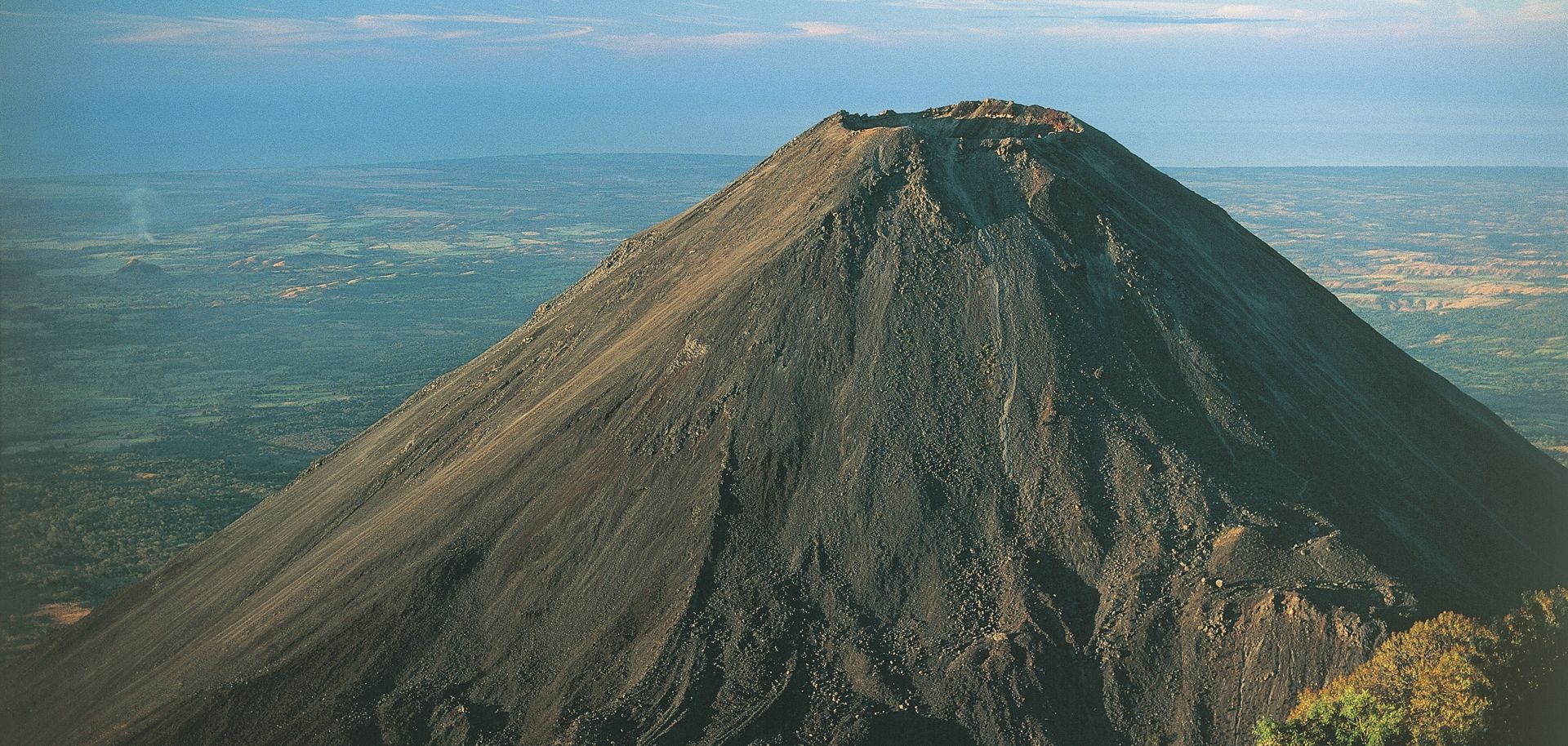
El Salvador is an anomaly among its Central American neighbors. It is the smallest and most densely populated country in the region, and it has been defined by one geographic constraint in particular: Because it is the only Central American country without access to the Caribbean Sea, it has had to depend on Guatemalan and Honduran port infrastructure and road connectivity for its Atlantic import and export business. Similarly, throughout Central America's colonial history, Guatemala exploited El Salvador's relative isolation by controlling the movement of its main cash crops — coffee and indigo — into Mexico, the biggest market for Central American goods in colonial times. Consequently, the Guatemalan elite largely shaped the development of El Salvador's economy.
For all the influence others have had on it, El Salvador exerted little power outside of its borders. The country defended against multiple invasions from the bigger and stronger Guatemala. To survive, El Salvador had to develop a tough — and often violent — stance toward the outside world, resisting foreign takeovers because of its strong national identity, forged by the geographic isolation caused by the Sierra Madres. And it is this stance, manifested in its citizens, that has helped foster El Salvador's gangs.
El Salvador's MS-13 and Calle 18 gangs have traditionally focused on street-level crime in urban areas, but because of El Salvador's proximity to key Guatemalan cities located along lucrative smuggling routes, gangs are fighting to significantly expand their purview into international drug smuggling — an effort funded by street-level pursuits including extortion and drug dealing. The social, political and economic toll of resulting gang violence cannot be overstated. From 2014 to 2016, a little more than 100,000 unaccompanied Central American minors fled from gang-related violence in Honduras and El Salvador to the United States. And as long as violence persists, Central Americans will continue to flee to the United States, through legal and extralegal avenues.
The Salvadoran gangs are seeking to replicate the operational and financial capacities possessed by Guatemalan and Honduran drug organizations, since it is they who have traditionally transported South American drugs through Mexico to the United States. In a sense, the same geographic constraints that enabled other Central American countries to overshadow the development of El Salvador's legitimate economy throughout history are now hindering its criminal enterprises and pitting them against more powerful gangs in nearby countries. But rather than allow foreign criminal enterprises to move into El Salvador, the country's gangs will continue their bloody extortion campaign in the hopes of expanding their reach. All the while, the violence so endemic to El Salvador will continue to tug at the fabric of society, making the devastating cycle that much harder to break.



